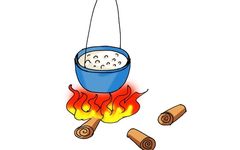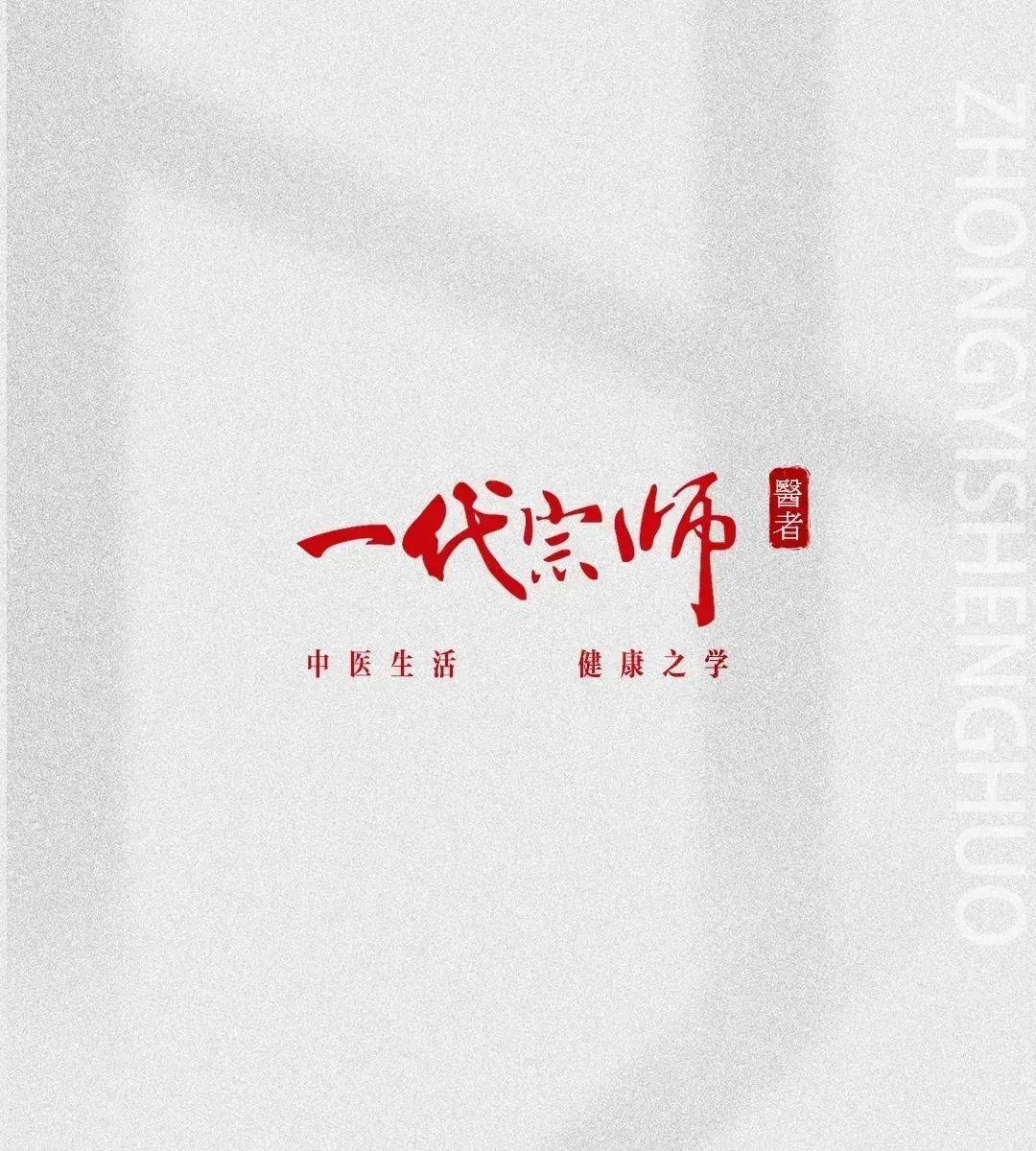

In Traditional Chinese Medicine (TCM), there are many names for Qi, including Ying Qi, Wei Qi, Gu Qi, Zhen Qi, Yuan Qi, Shen Qi, Qing Qi, and Zhuo Qi.
Ultimately, these terms can be categorized into three types of Qi: Zong Qi, Zhong Qi, and Yuan Qi. Zong Qi resides in the chest, in the Qi Hai (Sea of Qi); Zhong Qi refers to the Qi of the spleen and stomach; and Yuan Qi is the essence of the kidneys.
What is Qi?
What kind of substance is Qi?
The organs of the human body can be likened to a pot of rice, and “Qi” is the fire beneath the pot. Only with “Qi” circulating within the body can the organs perform their functions, allowing life to truly be life.
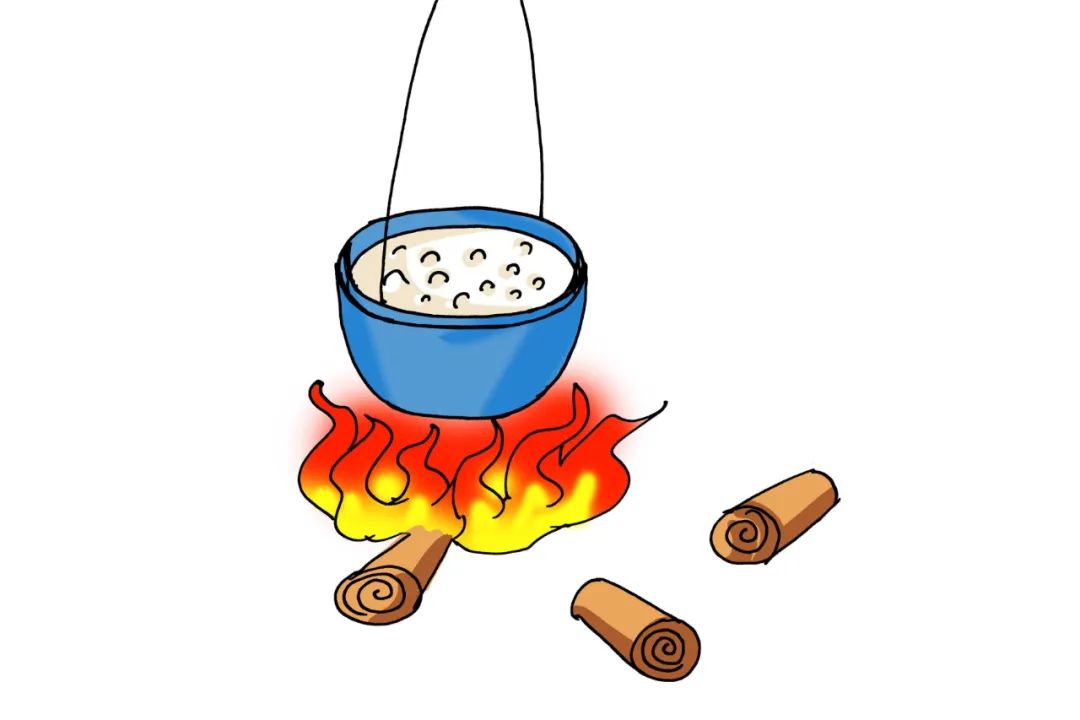
Specifically, the lungs contain Qi, allowing them to govern respiration; the heart contains Qi, enabling it to maintain mental clarity; the spleen contains Qi, allowing it to manage normal digestion and absorption; and the liver contains Qi, enabling it to regulate the flow of Qi smoothly.
The Functions of Qi
▋Promoting Function
Qi promotes growth and development; it drives the physiological activities of the organs and meridians; it facilitates the generation and circulation of blood, as well as the production, distribution, and excretion of body fluids.
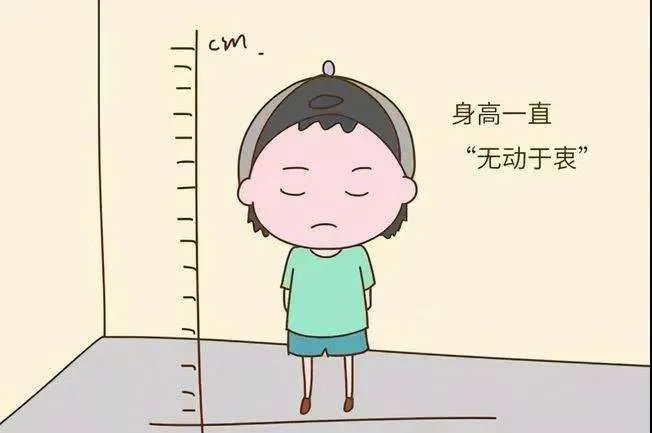
We should regularly assess the strength or weakness of Qi in the body.
If Qi is deficient or its promoting and activating functions are weakened, it can affect the body’s growth and development; lead to premature aging; or cause a decline in the physiological activities of the organs and meridians; or result in insufficient generation or sluggish circulation of blood and body fluids, leading to pathological changes such as blood deficiency, poor blood circulation, and fluid retention.
▋Defensive Function
This refers to Qi’s ability to protect the body’s surface, resist external pathogens, and expel evils.
It is akin to the body’s immune system, manifesting as resistance to disease, the ability to expel pathogens, and recovery power. Thus, the saying goes, “When righteous Qi is present, evil cannot invade,” and “Where evil gathers, Qi must be deficient.”
▋Consolidating Function
Physiologically, Qi can protect, consolidate, and control the liquid substances within the body, preventing them from being lost without reason.

Conversely, if the body’s liquid substances are easily lost, it indicates Qi deficiency and a decline in consolidating function.
For example, individuals who frequently experience spontaneous sweating, runny nose, excessive salivation, nocturnal emissions, premature ejaculation, frequent clear urination, excessive nighttime urination, incontinence, or chronic diarrhea fall into this category.
▋Qi Transformation Function
Qi transformation refers to the various changes produced by the movement of Qi.
The generation and mutual transformation of vital substances such as essence, Qi, blood, and body fluids in the body are essentially changes in Qi. Additionally, the driving force behind the metabolism of matter and energy is also the function of Qi transformation.

If there are issues with Qi transformation, then pathological “waste” such as dampness, phlegm, and blood stasis can easily accumulate. Modern metabolic diseases, such as hyperlipidemia and diabetes, are diseases arising from Qi transformation issues.
How to Supplement Qi
Supplementing Qi can be categorized into supplementing Yuan Qi, Spleen Qi, Lung Qi, Heart Qi, and Kidney Qi. The lungs govern Qi and the Qi of all five organs; the middle burner (spleen and stomach) receives food and water, and when the spleen Qi is strong, Qi and blood can be generated, thus Qi deficiency is often related to the lungs and spleen.
1. Supplementing Yuan Qi – Ginseng
Patients who have high fevers, undergo surgery, give birth, or have long-term antibiotic use or chemotherapy often suffer from significant damage to Yuan Qi and prolonged deficiency of Kidney Qi. In such cases, Ginseng, which greatly supplements Yuan Qi, can be taken.
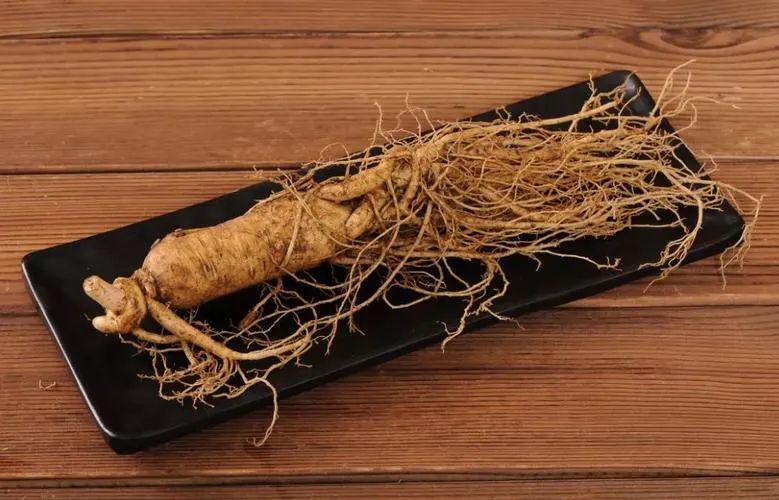
Ginseng can be taken in lozenge form or brewed as tea, both of which can help the body recover quickly. However, when using Ginseng, it is advisable to drink plenty of water to enhance absorption and avoid overheating.
2. Supplementing Spleen Qi – Bai Zhu (Atractylodes)
Spleen Qi deficiency is characterized by abdominal distension, fatigue, poor appetite, and diarrhea as primary symptoms.
When the spleen is deficient and not functioning properly, it is most prone to generating dampness. Most individuals with spleen deficiency also have issues with dampness; the spleen governs the muscles, and many women mistakenly believe that sagging skin is a skin issue, but in reality, it is due to the loss of muscle tone beneath the skin, which is more related to insufficient spleen Qi.

To supplement spleen Qi, Bai Zhu can be used, which also has the effect of drying dampness, aligning with the spleen’s preference for dryness and aversion to dampness.
3. Supplementing Lung Qi – Huang Qi (Astragalus)
The lungs govern the exterior, and conditions such as respiratory diseases, decreased resistance, and recurrent allergic diseases are primarily due to Lung Qi deficiency.
To supplement Lung Qi, Huang Qi can be used.
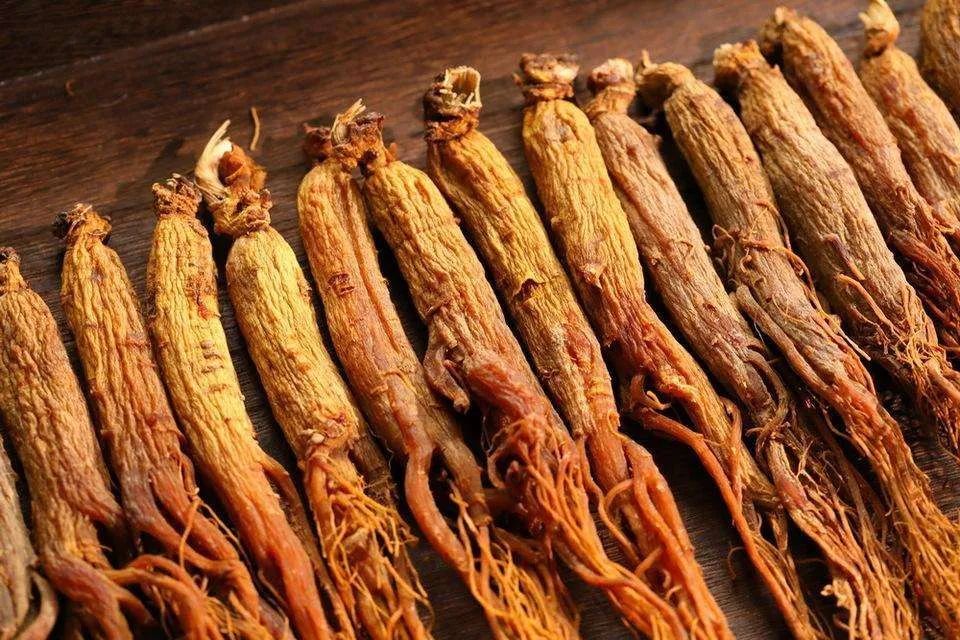
Wei Qi is an elite force under Lung Qi, and when Lung Qi is weak, the combat effectiveness of Wei Qi naturally declines.
Therefore, it is essential to “supplement Qi” to enhance the defensive Qi, and Huang Qi is the most suitable choice.
In addition to supplementing Qi and increasing its quantity, Huang Qi can also direct Qi outward and upward, acting as a barrier to enhance the body’s defensive function by replenishing Lung Wei Qi.
4. Supplementing Heart Qi – Xi Yang Shen (American Ginseng), Hong Shen (Red Ginseng)
Overworking and fatigue can initially cause a rapid heartbeat, and if severe, it can lead to palpitations and shortness of breath, which are signs of Heart Qi deficiency.

In such cases, Xi Yang Shen and Hong Shen are the first choices. Taking these ginseng varieties in advance can help prevent early onset of heart disease.
5. Supplementing Kidney Qi
Common Chinese patent medicines for supplementing the kidneys include Liu Wei Di Huang Wan (Six-Ingredient Rehmannia Pill), which primarily supplements Kidney Yin, while other common kidney tonics are based on this formula with modifications.
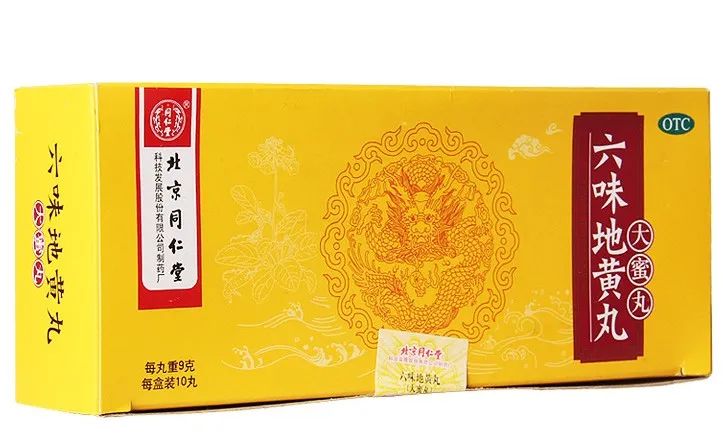
Note: Supplementation is most effective only when Kidney Qi is insufficient; otherwise, it may lead to Kidney Fire, which is detrimental to health.
Family-Friendly Qi Supplementing Recipe
Here is a recipe for Si Jun Zi Tang (Four Gentlemen Decoction), suitable for the whole family.
Ingredients needed: Dang Shen (Codonopsis), Fu Ling (Poria), Chao Bai Zhu (Fried Atractylodes), Zhi Gan Cao (Honey-Fried Licorice), lamb (or old hen, pork ribs), 2 dates, 3 slices of ginger, appropriate amount of green onion, cooking wine, salt, and pepper.
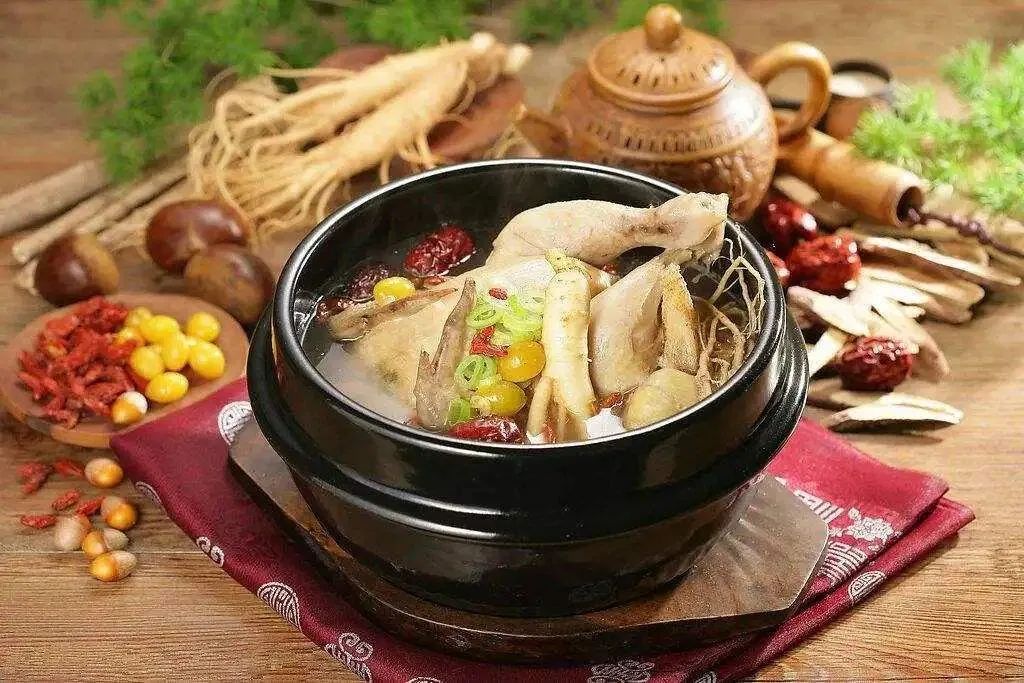
Steps:
1. Wash the four medicinal ingredients and place them in a medicinal bag.
2. Blanch the lamb (or other ingredients) and rinse with clean water, then place in a clay pot, adding sufficient clean water along with green onion, ginger, cooking wine, and the medicinal bag.
3. Simmer for about 5 hours until the lamb is tender, then add salt and pepper before serving.
The spleen and stomach are the source of Qi and blood generation; this soup can strengthen spleen Qi, providing a source for Qi and blood production. Sufficient Qi and blood lead to a rosy complexion and abundant energy. Regular consumption by the elderly can enhance Qi, strengthen the spleen, improve immunity, and ensure a peaceful old age.
In daily life, nurturing oneself must be based on individual circumstances and not simply follow others.
To assess one’s condition, one must master some simple diagnostic methods to understand their constitution.
(All images are sourced from the internet; if there are any copyright issues, please contact for removal.)

